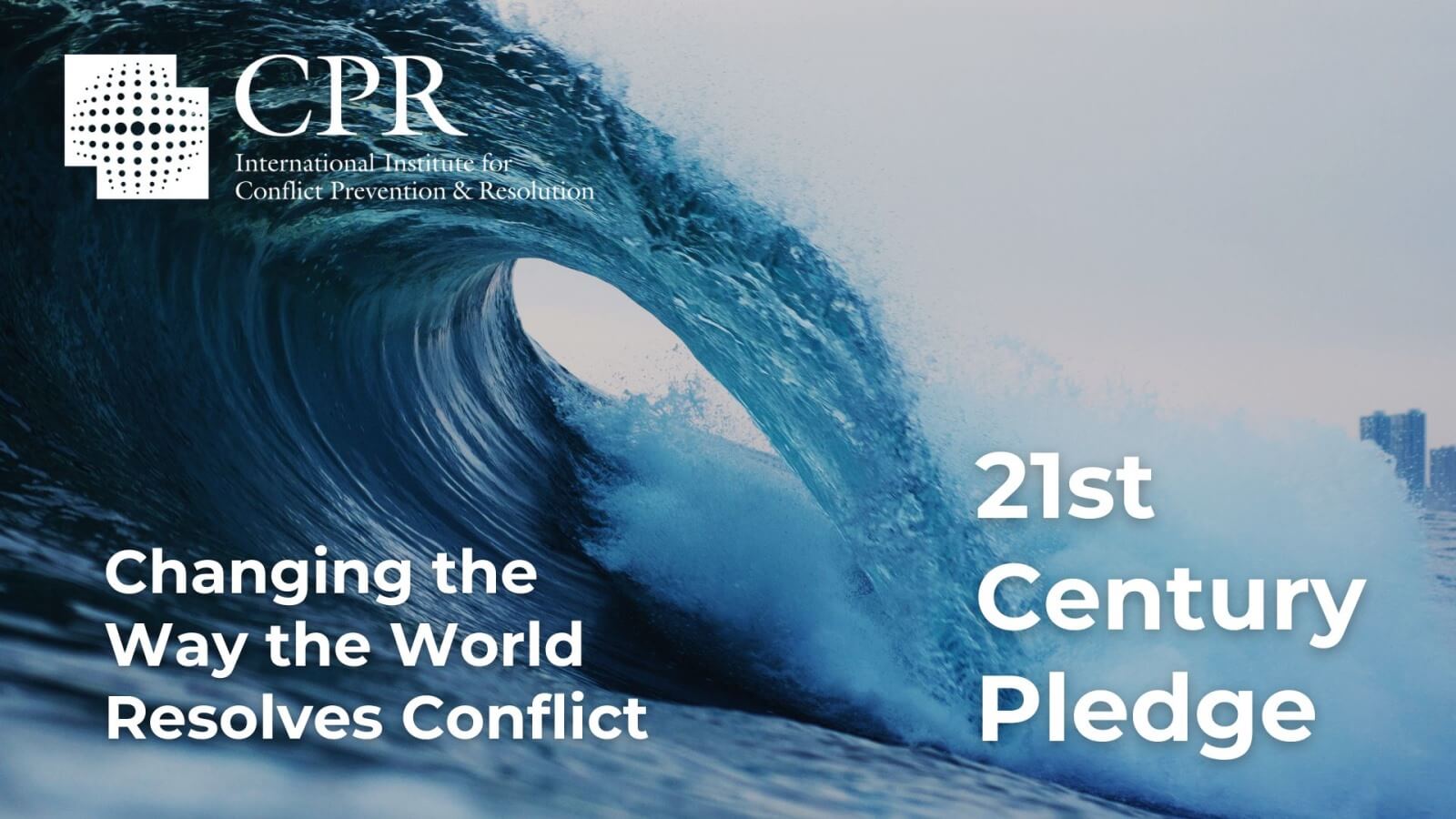Who Can Help me Mediate?
Who Can Help me Mediate?
A) Role of Mediator
i) Mediator Attributes
ii) Selecting a Mediator
iii) Expertise of Mediators
B) Find a Mediator
i) CPR Panels
a) Role of Mediator
The attitude and skills of the mediator greatly affect the outcome of a mediation. The role of a mediator is multifaceted:
- Manages the mediation process for the parties
- Opens communications between the parties
- Keeps negotiation process moving forward
- Probes facts, positions and interests of parties
- Actively keeps parties focused on problem solving
- Assists the parties in creating and refining settlement options
- Helps parties understand ramifications if they do not reach a settlement
- Brings closure to sessions
- Facilitates or monitors enforcement or execution of settlement agreement on occasion
i) Mediator Attributes
The skills required for effective mediation advocacy differ substantially from trial advocacy skills. Exaggeration or making what lawyers call “a jury appeal” is counterproductive in mediation. Arguments that are likely to offend or fail to impress the mediator or the adversary should be soft pedaled. Some trial lawyers may have difficulty adjusting to the mediation environment.
The selection of a highly capable mediator is absolutely vital. A mediator is not vested with the legal authority of a judge or arbitrator, but must rely on his or her own resources. To effectively mediate a complex business dispute, a mediator must possess a combination of qualifications. The ideal mediator:
- Is absolutely impartial and fair and so perceived
- Inspires trust and motivates people to confide in him or her
- Has experience as a mediator
- Is able to size up people, understand their motivations and relate easily to them
- Sets a tone of civility and consideration in dealings with others
- Is a good listener
- Is capable of understanding the law and facts of a dispute, including surrounding circumstances
- Is able to analyze complex problems and get to the core
- Is creative, imaginative and ingenious in developing proposals and knows when to make them
- Is a problem solver
- Is articulate and persuasive
- Possesses a thorough understanding of the negotiating process
- Is flexible, patient, persistent, indefatigable, and “upbeat” in the face of difficulties
- Has a personal stature that commands respect
- Is an energetic leader, a person who can stimulate others and make things happen
ii) Selecting a Mediator
The parties may select any mediator of their choice. It is advisable for the parties to jointly interview one or more candidates before making a selection, and to question candidates regarding matters such as their mediation style, their training and their experience.
It is critical that the mediator be totally impartial and be so perceived by all parties. Broad disclosure by the mediator of past, current or foreseeable future conflicts is encouraged. Because mediator conflicts of interest is an unsettled area of law and practice, full disclosure — with the possibility of party consent and waiver — is the most prudent approach for both mediators and parties. (CPR Mediation Procedure)
iii) Expertise of Mediators
The size and complexity of the case will influence the selection of the mediator. When legal issues are critical, there may be significant advantages to selecting as the mediator a lawyer or legal academic with expertise in the field (e.g., patent, trademark, construction). Similarly, when the subject matter is technical, it may well be desirable to select a person who has an understanding of the technology. Some experienced mediation practitioners and parties, however, believe that even in legally or technically complex disputes, the key to resolution does not lie in adding yet another expert to the process. Instead, they prefer a mediator who is a skilled deal-maker and who can shift the parties' focus from resolving the legal or technical dispute to reaching a mutually satisfactory agreement. (CPR Mediation Procedure)
b) Find a Mediator
With access to CPR’s extensive database, parties can select from an elite roster of highly-qualified neutrals with specific experience in complex commercial matters. CPR’s . . . mediators are pre-screened for strong case management skills and all possess the highest commitment to neutrality and ethical conduct.
CPR's Neutral Selection Services
i) CPR Panels
CPR’s Panels of Distinguished Neutrals comprises the most highly qualified mediators and arbitrators from throughout the world, who are particularly well suited to resolve significant disputes involving major corporations or issues of public sensitivity. Focusing in more than 20 practice areas, CPR’s esteemed arbitrators and mediators have provided resolutions in thousands of cases, with billions of dollars at issue worldwide.
CPR’s Panels of Distinguished Neutrals
The information and resources on this website should not be construed as legal advice or opinion, or as a substitute for the advice of counsel.

